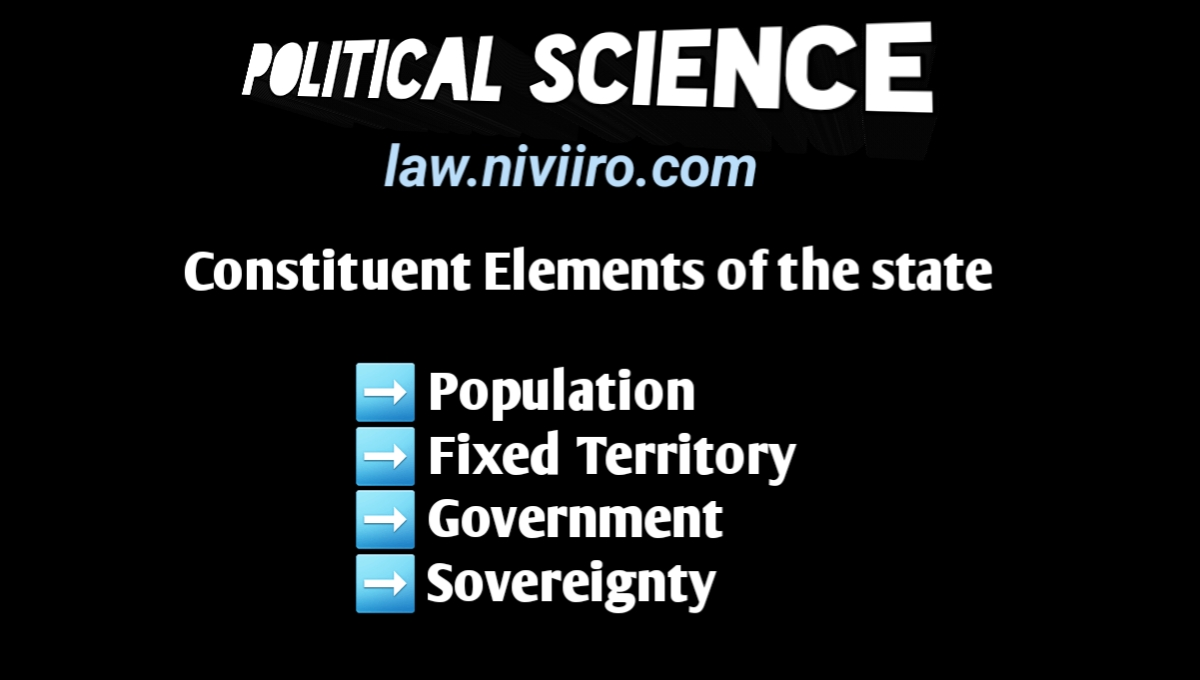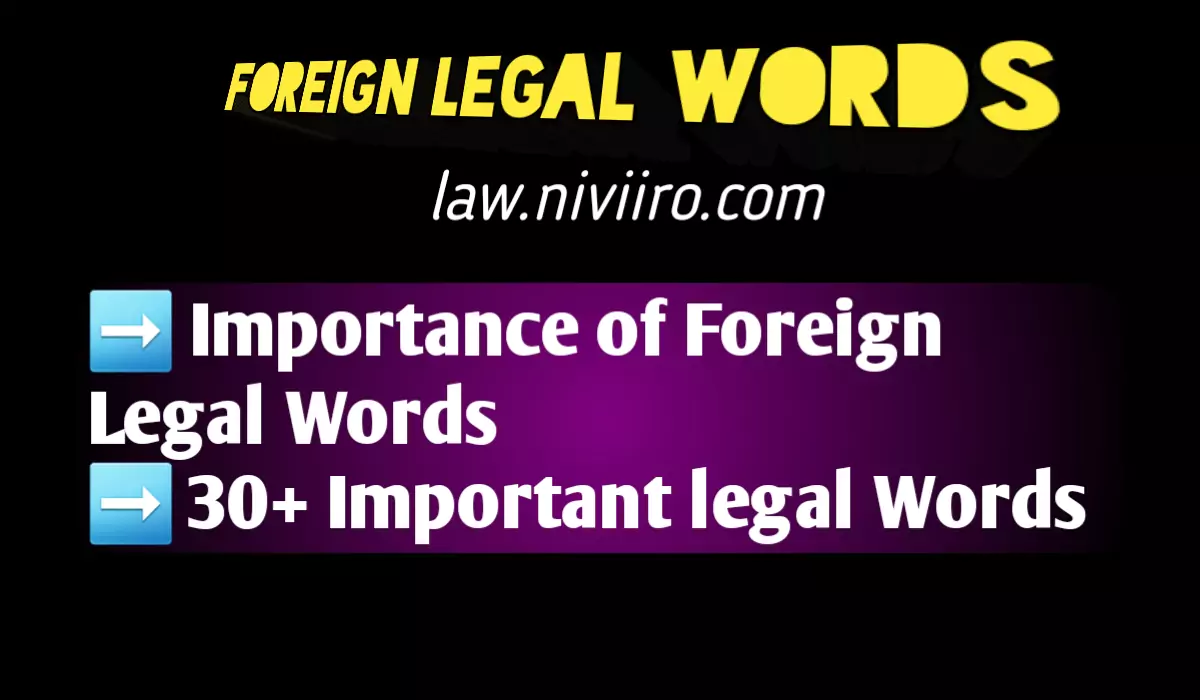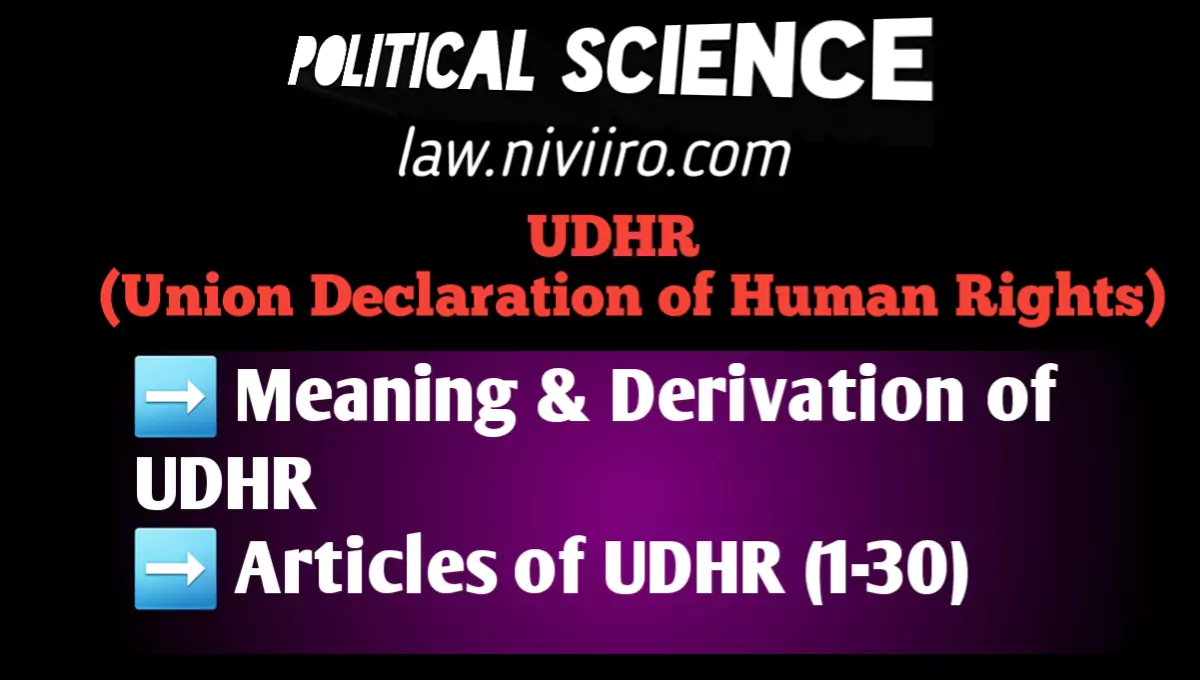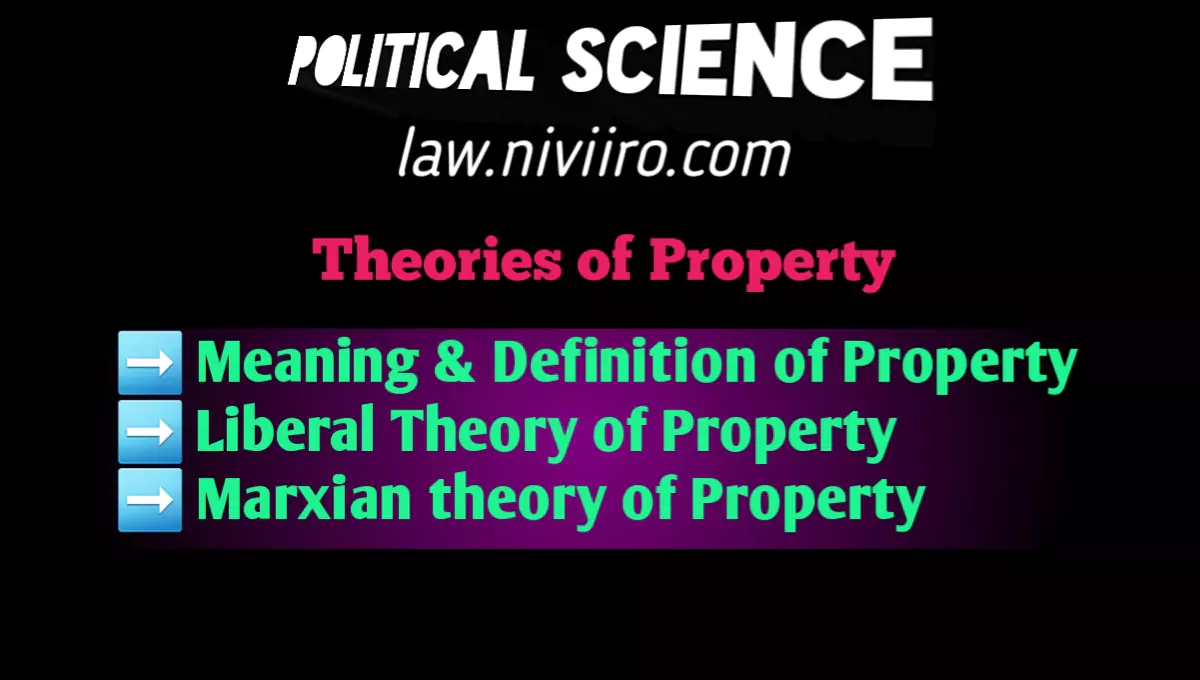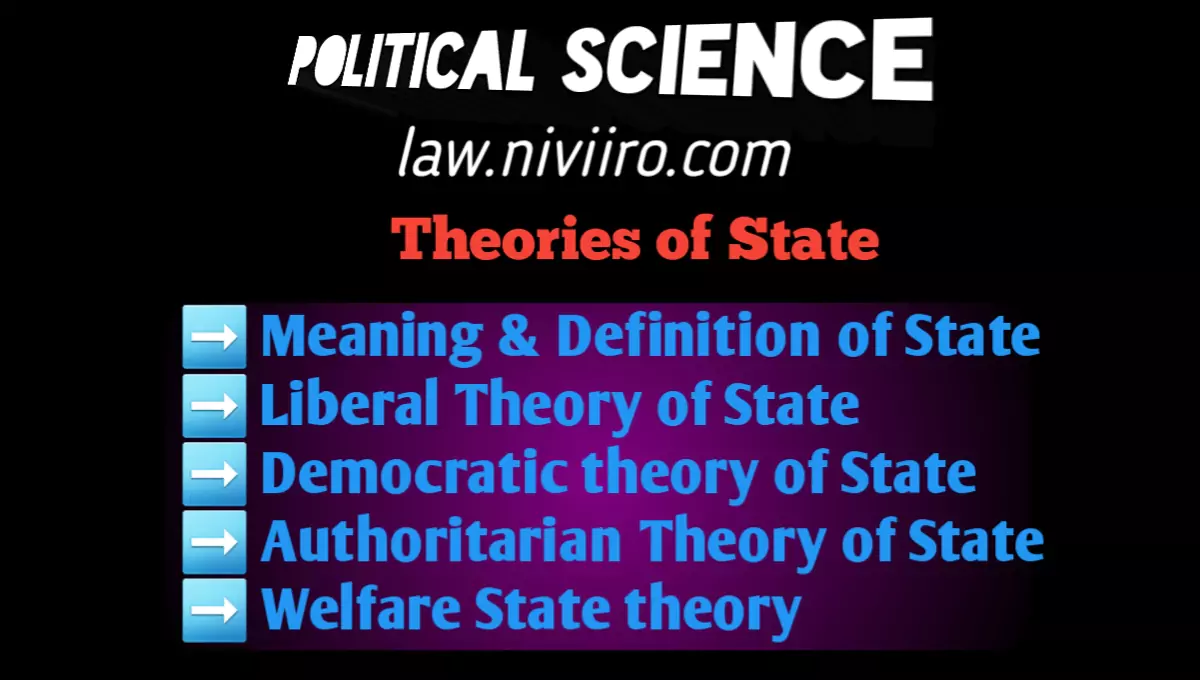The modern state is constituted of the following four Constituent elements:
- Population or the number of people.
- Fixed Territory or a definite place of residence.
- Government or an organization for uniting the people.
- Sovereignty or supremacy in internal matters and independence of external control.
The first two constituent aspects of the modern state are physical, the third is political, and the fourth is spiritual. We will now look at these four basic aspects of the modern state one by one.
Population or the number of people
There is no doubting that the state is a human institution and the most powerful of all human groupings. Obviously, there can be no state without people. A population of some kind is required for the State to exist. There can be no state in an empty land, nor can a specific piece of territory without human occupancy be considered a state. The State, as a human institution, can never exist without people. The State cannot be made up of living beings other than humans. A desert or wasteland without human habitation can never be called a modern state, nor can a state of animals and monsters exist.
“It goes without saying that an uninhabited area of the land, taken in itself, cannot establish the State,” Leacock correctly points out. This does not imply that the State must have a specific number of people, nor that there can be a state if there is no population other than a single family. True, a family may be the centre around which the State develops, but the State cannot exist without a number of families. At the same time, it is impossible to determine a certain number of men for a state.
Indeed, there is no lower or higher limit to the number of citizens of a state, nor can a dozen or so people residing in a certain location constitute a state. They should not be too few to be self-sufficient, nor too numerous to be well-governed. The challenges with which a lot of political thinkers attempted to cope were the desirable number of people and the appropriate quantity of population for an ideal state. Plato, the famed Greek Philosopher, for example, put the number at 5050 citizens, although his follower, Aristotle, was unwilling to be constrained by any definite amount.
He plainly believed there should be a limit, and he established the basic premise that “the number should be neither too small nor too large; it should be large enough to be self-sufficient and small enough to be well-governed.” He considered that ten people would be too tiny to be well-governed, but a hundred thousand would be too large. Both extremes were present.
He discovered a satisfactory medium between too tiny and too large a number. Aristotle’s point of view in this regard was the Greek city-states, which he considered to be self-sufficient and well-governed. These Greek city-states had a very small population, and direct democracy was popular in these city-states. Voters or individuals would attend to the Assembly Hall and pass laws. Direct democracy could not function in a populated city-state. This is why Aristotle did not advocate for a great number of people to be well-governed.
Many centuries after Aristotle, in the eighteenth century, when populous states existed, Rousseau, a French philosopher, claimed in his famous book “Social Contract,” published in 1762, that ten thousand should be the ideal figure of population for an ideal state. According to current researchers, determining a precise population statistic for a modern state is nearly difficult. There are many states these days, the number of which can be counted in crores.
Territory
Territory is the second most significant and necessary part of the state, and it is as vital and necessary as many others. The term territory “describes the surface of the ground within well-defined limits, as well as the subsoil, lakes, and rivers, as well as the air space above the land.” Jellinck thinks that prior to the eighteenth century, no definition of the state acknowledged territory as an essential component. He notes that Lever was the first writer to define the state as a group of citizens “with a fixed area” in 1817.
All contemporary intellectuals and authors believe that territory is an essential component of the state. According to Bluntschli, “the state has its personal basis in the people, and its material basis in the land.” People do not become states until they have a territory.” ” As a result, the state is distinct from other human institutions.” Territory is one of the fundamental requirements of the state, although other human entities do not necessitate it. The state functions on a national level, although other human entities may also act on an international one.
“The coexistence of two or more states on the same land would result in a permanent state of war due to conflicts of interests and authority,” Jellinck observes. There are, however, exceptions. From 1864 to 1868, for example, a joint sovereign ruled over Schleswig-Holstein (Germany), Austria, and Prussia (previously a German state). Austria and Hungary had claimed sovereignty over Harzigonia and Bosania. Following World War I (1914-1918), the English and French exercised combined rule over Sudan. Aside from these restrictions, a state exerts sovereignty over its defined territory.
Government
The government is the State’s third essential constituent. The government, like other key parts of the state, is an integral aspect of the state because no state can exist without it. Government is required for the existence of a state. In the absence of a government, an assembly of people continuously settled in a definite territory cannot constitute a state. Government is the political organization that formulates, expresses, and executes the collective will of the people.
In fact, the state functions through the governmental mechanism. It is the political organization of society, the determination of common policies, the regulation of common affairs, and the promotion of common interests. An aggregation of people permanently settled in a definite territory would be an incoherent, unorganized, anarchic mass with no means of collective action in the absence of authority. No particular form of government is required. Its nature and intricacy may differ.
The government is the only political body that attempts to determine if the essential relationship between command and obedience has been well-established. The Executive, the Legislature, and the Judiciary are the three branches of government. The Executive is in charge of running the country and enforcing the laws. The Legislature makes and enforces laws across the country. The Executive makes laws, which the Judiciary interprets. Those who break the law face penalty from the government. A country is divided into two states when two governments are constituted in it.
As previously stated, no single form of government can be recommended as essential. It varies in type and complexity from country to country. Democracy is popular in India, Japan, England, Southern Ireland, the United States, Canada, New Zealand, France, Western Germany, Italy, and other countries. Communist dictatorships are popular in communist countries such as Russia, China, Finland, Hungary, East Germany, and Poland. Military coups were organized in Brazil, Sudan, Nigeria, Pakistan, Bangladesh, Argentina, Chile, Afghanistan, Panama, and Dahomey a few years ago, and military governments were founded in those countries. Nepal, Saudi Arabia, England, Spain, the Netherlands, Sweden, and Denmark all support monarchy. Even in countries where democracy is popular, the forms of government vary.
Some countries have parliamentary governments, while others have presidential governments. For example, presidential administration is popular in the United States of America, Sri Lanka, and certain other Latin American countries, whereas parliamentarian governance is popular in India. As a result, it is evident that no one style of governance can be proposed as a necessary component for the survival of a modern state. At the same time, it is true that governments differ in their nature and complexity, yet no state can exist in the absence of a government.
Sovereignty
Sovereignty, the fourth essential constituent of the State, is considered to be the State’s life and soul. There can be no state without Sovereignty. The term Sovereignty has been derived from the Latin word “Superanus” which means supreme. As a result, sovereignty is the most important aspect of statehood. This power distinguishes the state from all other social institutions. Other current social groups can claim a number of people with separate territory and a governmental organization, but the state is the only human institution that possesses all of the necessary elements, including Sovereignty. Sovereignty, in broad terms, refers to the supremacy of the state.
In both internal and external affairs, the State is supreme. The government, which governs supreme in both internal and external affairs, expresses the state’s sovereignty. Because the State is paramount in terms of both internal and external Sovereignty. There are different kinds of sovereignty: internal sovereignty and external sovereignty. The authority of another country ruling supreme in the country is referred to as external sovereignty. For example, prior to 1947, India was under British authority, and Britain was the State that exercised Sovereignty over India. As a result, India was not a state.
Since Dr. Keith regards the dominions as Sovereign States, dominions such as Canada, New Zealand, and Australia, among others, are officially reliant on Great Britain because their Governor-Generals were appointed with the Queen’s assent. These dominions’ foreign policy is still influenced by British foreign policy, although they are free to pursue their own foreign policy. When it was a dominion, Sri Lanka, for example, made its own foreign policy.
Internal Sovereignty indicates that the State rules over all internal affairs. It has dominion over all of the State’s institutions and citizens. No other State may exercise control over the institutions or the people of the State. Every government rules supreme in its state, and all institutions and individuals residing in that state must accept the government’s directives. Two independent governments cannot function in the same state, and if they do, the state is divided into two.
The power in the Federal Government is divided between the Centre and the provinces, yet sovereignty is not challenged. Power is distributed between the Centre and the provinces in accordance with the Constitution in such a government. In this manner, the government functions smoothly, and sovereignty remains an essential component of the State. Without sovereignty, the state cannot exist.
Professor W.W. Willoughby believes that the requirement of the necessary aspects other than the four discussed in detail above is dependent on public will. Though the public is unwilling to obey the State’s directives, it cannot become a State, even if it possesses all four fundamental parts of the State. As a result, every State must have a population, a set territory, a duly created government, and sovereignty. In the lack of any of these elements, it cannot claim statehood. Above all, it should command the public’s willingness to obey its authority.
Related Post
What are the four Constituent Elements of the State ?
The modern state is constituted of the following four Constituent elements:
1. Population or the number of people.
2. Fixed Territory or a definite place of residence.
3. Government or an organization for uniting the people.
4. Sovereignty or supremacy in internal matters and independence of external control.
References
- M.P. Jain, Political Theory liberal and Marxiam
- Prof. H.C. Verma, Modern Political Theory
- J.C. Johari, Political Science
- R.C. Agarwal, Political Theory
- Prof. S.L. Verma, Modern Political Theory
- V.D. Mahajan, Political Theory













